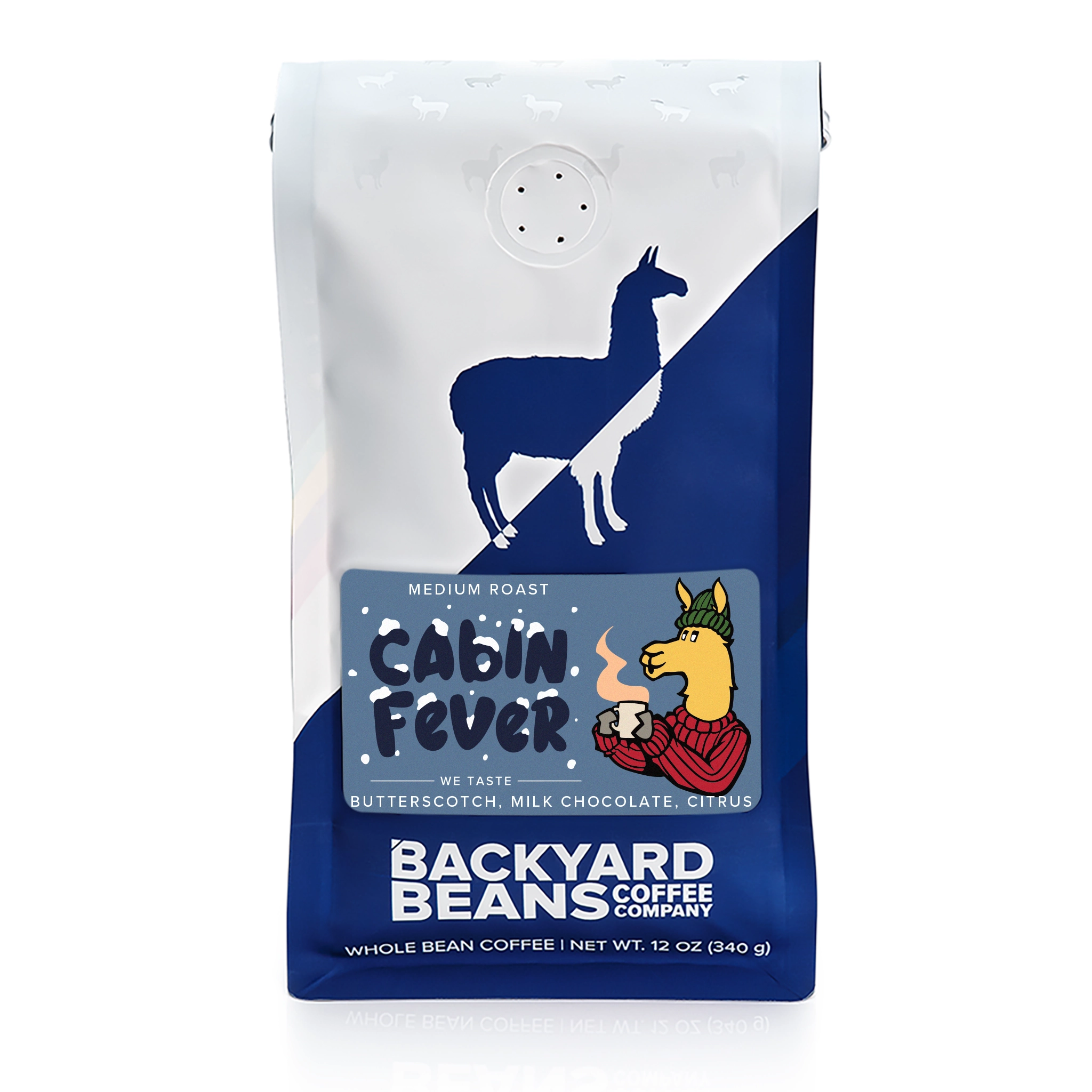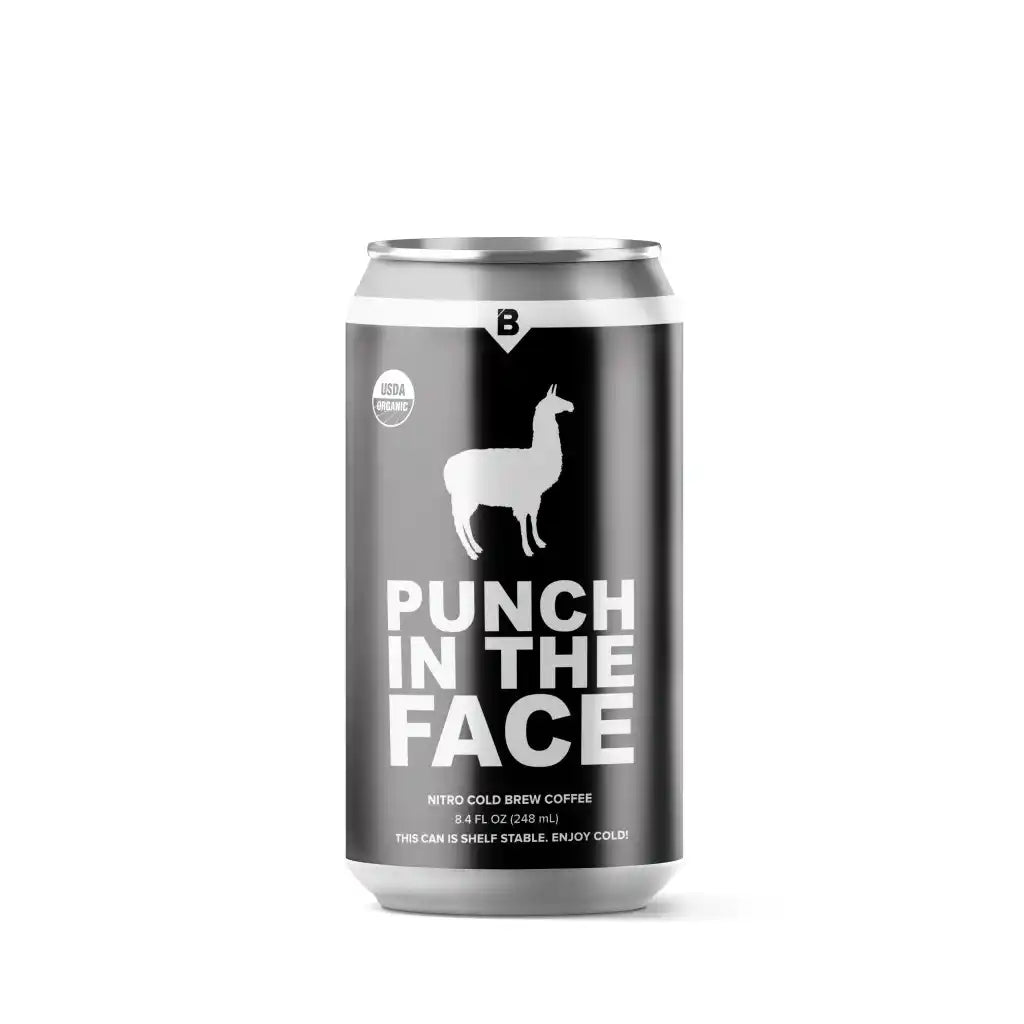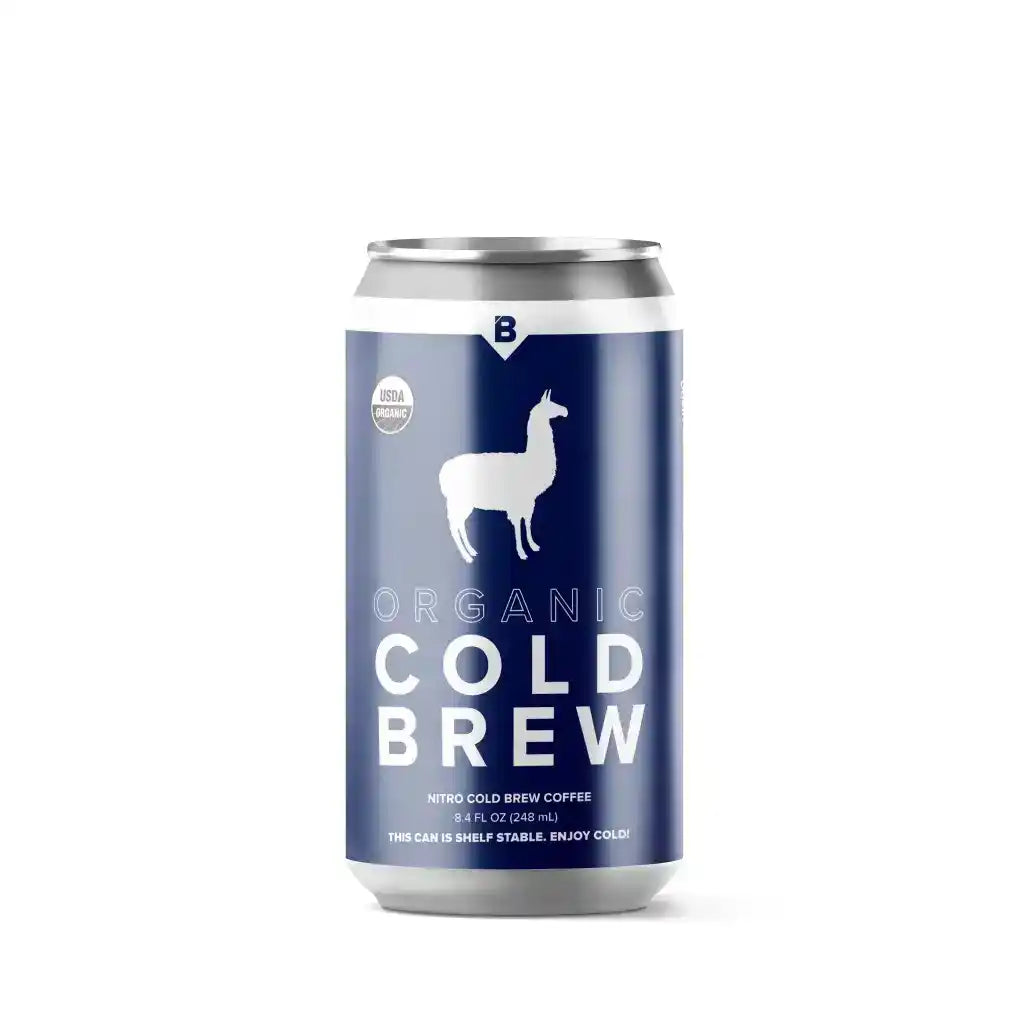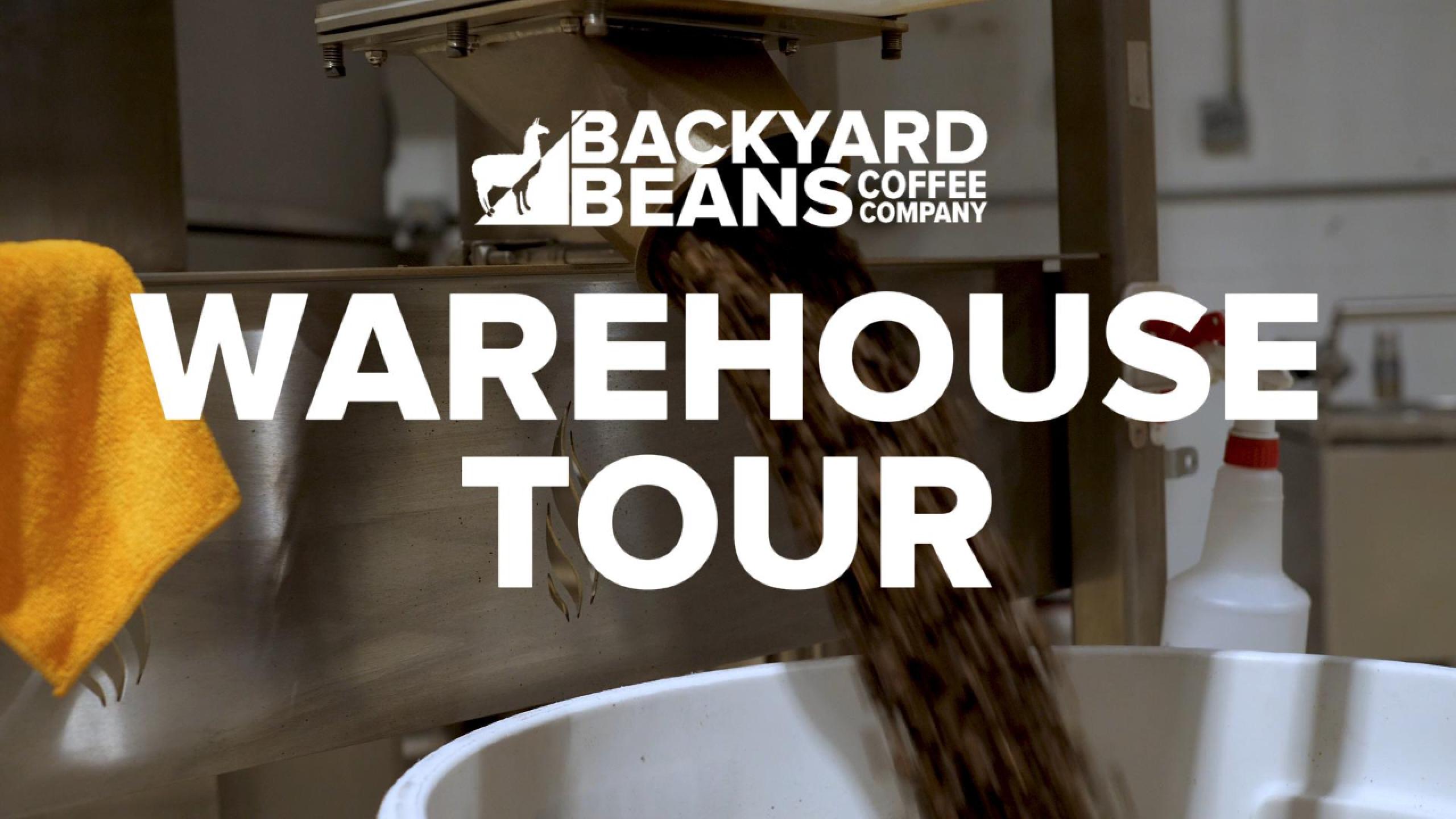
Mold, Mycotoxins, and Purity Claims in Coffee
I was enjoying my morning coffee and scrolling through Instagram – which means I was scrolling through ads that the algorithm was feeding me – finding myself all of sudden needing to buy some polyester free non-GMO cotton underwear to protect my fertility and testosterone levels, and also realizing I need to buy some daily greens drink to give my body what it needs and improve my gut health, when all of a sudden I was confronted with a scary thought: Is this coffee I am drinking going to kill me? How can I know that my coffee didn’t have mold in it at some point along its life cycle, and that mold gave way to mycotoxins, and those mycotoxins grew to the level of toxicity? Do I need to trade my morning cup of coffee for mushroom tea?
If your algorithm is at all like mine, maybe you have encountered one of the handful of coffee companies popular online claiming to have “mold free” coffee. Mold, eww. Give me the mold free stuff please, and thank you. But wait, before you get wrapped up in their narrative and throw out your go to Joe – or worse yet… trade it in for mushroom tea – let’s explore a few questions on this topic.
Is mold in coffee a valid concern for consumers?
-
A byproduct of mold is mycotoxins, and Ochratoxin A (OTA) is public enemy #1, it is found in agriculture products worldwide. In 2001 a massive initiative began in the coffee industry to improve processing and handling of coffee to reduce the prevalence of mold and mycotoxins in coffee. By 2006, 30 countries were participating in this multimillion dollar initiative started by the International Coffee Organization, the UN, and the Food and Agricultural Organization. Levels of mycotoxins in commercial coffee have plummeted in the last two decades.
-
A peer reviewed study published in 2021 by the Journal of Food Science came to the conclusion: “...no evidence was identified from historical data to suggest OTA is acutely toxic in humans from coffee consumption or other exposure sources. Therefore, findings from this assessment indicate that no PC [Preventative Controls] is warranted for US coffee manufactures, based on the low severity and likelihood of risk according to margin-of-exposure estimates and historical data."
Are these purity claims based on any lab results?
-
If you know you are a very sensitive person to mold, demand published lab results from roasters touting this claim, this is the only way to have confidence that the coffee is 100% mold free. And verify that that the lab test correlates with the coffee they sold you.
-
Currently, we do not send our coffees off to a food lab for testing. In the past 6 months we have used 97 unique lots of green coffee, testing all of these would be a $30K investment for the year. We could test a select few of our lots and only sell those as “mold free”, but that then diminishes the value of the rest.
Largely what I think this is about is a marketing strategy, one that I call PURITY WASHING to prey on peoples fears in the health and wellness space. Selling coffee online is a crowded space, so companies want their product to stand out from the competition.
The known practices to avoid mold in coffee are well known and practiced by specialty coffee producers, handlers, and roasters. Those are:
-
Source high elevation coffees
-
Sorting out defective coffee.
-
High standards for processing, handling, and storage.
-
Keep green moisture content below 12.5% and water activity below 0.6.
These are standard practices for specialty coffee, and you don’t get good quality coffee at the cupping table without them. Now, if after all of this you still have that nagging concern in the back of your head, or you know you are super sensitive to mold and you want full assurance, I would suggest this: only buy from companies that publish their lab results (if you can find any), avoid other foods mycotoxins are more prevalent in than coffee (the list is long), buy from reputable specialty roasters known for their quality, and finally avoid Decafs and Naturals as the risk is higher in these.






Leave a comment
This site is protected by hCaptcha and the hCaptcha Privacy Policy and Terms of Service apply.